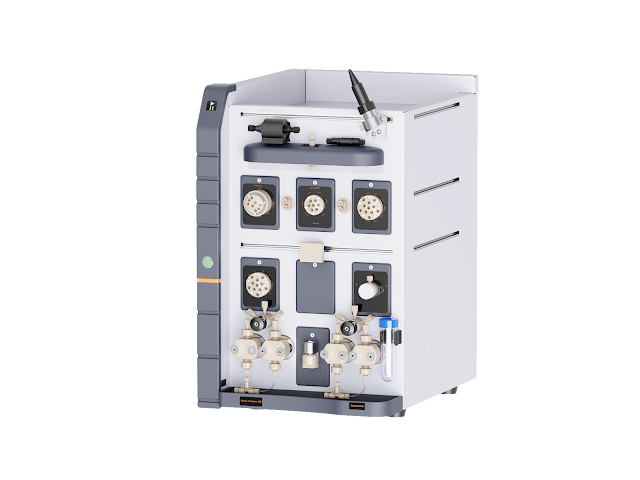The Role of Oligonucleotide Synthesis and DNA Synthesizers in Modern Science
In the rapidly advancing field of genetic research and biotechnology, the ability to create specific DNA and RNA sequences through oligonucleotide synthesis has become a cornerstone of innovation. This process, coupled with the use of sophisticated DNA synthesizers, is driving significant breakthroughs in medicine, agriculture, and environmental science, demonstrating the transformative power of genetic engineering.
Understanding Oligonucleotide SynthesisOligonucleotide synthesis is the chemical process used to produce short sequences of nucleic acids with a defined chemical structure (sequence). These synthetic oligonucleotides are crucial for a variety of applications in genetic research, including gene synthesis, PCR, DNA sequencing, and probes for detecting specific sequences of DNA or RNA. The accuracy and efficiency of this process are vital, as they directly impact the reliability and effectiveness of subsequent scientific and medical applications.
The synthesis is typically conducted on a solid surface, such as a resin, which allows for the sequential addition of nucleotide residues to the growing chain in a step-wise manner. Each step involves coupling a nucleotide to the chain, capping unreacted sites, and deprotecting the terminal nucleotide to prepare for the next addition. The process requires precise chemical conditions and is highly dependent on the quality of the reagents and the robustness of the methodology.
The Role of DNA Synthesizers
Advancements in biotechnology have led to the development of DNA synthesizers—automated machines that facilitate the efficient and rapid synthesis of oligonucleotides. These devices are designed to streamline the process of nucleic acid synthesis, reducing both the time and cost of production while increasing the yield and purity of the product.
A DNA synthesizer allows researchers to input specific sequences they wish to synthesize, automating the complex chemistry involved. This automation ensures that the synthesized oligonucleotides are highly accurate and consistent, which is essential for their use in sensitive applications like therapeutic development and genetic diagnostics.
Applications of Synthesized Oligonucleotides
The practical applications of synthesized oligonucleotides are vast. In medical research, they are used to develop new treatments and diagnostics, including personalized medicine approaches that target specific genetic markers in individuals. In agriculture, synthetic DNA is being used to create genetically modified crops that are more resistant to pests and environmental stresses.
Moreover, environmental scientists use oligonucleotides to monitor biodiversity and detect pathogens in ecosystems. This wide range of applications highlights the versatility and importance of oligonucleotide synthesis in contemporary science.
Choosing the Right Synthesis Technology
Selecting the right oligonucleotide synthesizer is critical for laboratories and researchers. Factors to consider include the scale of synthesis, the range of modifications needed, and the throughput of the machine. High-quality synthesizers ensure high-fidelity results, which are crucial for the downstream application of synthesized oligonucleotides.
ConclusionFor researchers and institutions looking to push the boundaries of genetic and biomedical research, the use of oligonucleotide synthesis and DNA synthesizers is indispensable. For those in need of advanced synthesis technology, inscinstech.com.cn offers a range of high-performance DNA synthesizers that combine precision, efficiency, and reliability. Whether for academic, medical, or commercial applications, Inscinstech’s tools are designed to accelerate scientific progress and open new possibilities in genetic research. Explore Inscinstech’s offerings to find the perfect solution for your laboratory’s needs.


.jpg)

Comments
Post a Comment